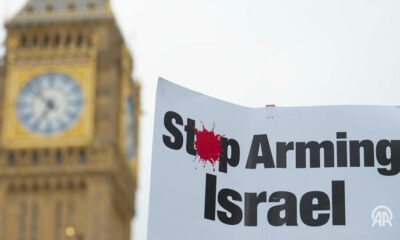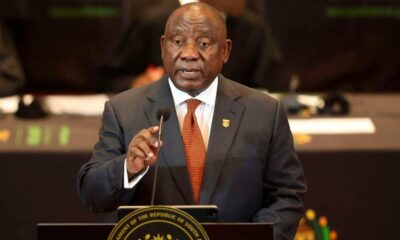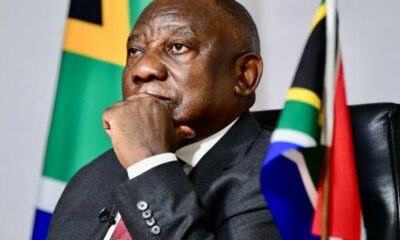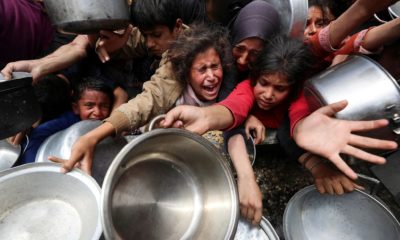News
Is Israel Facing Its Own “South Africa Moment” Over Gaza?
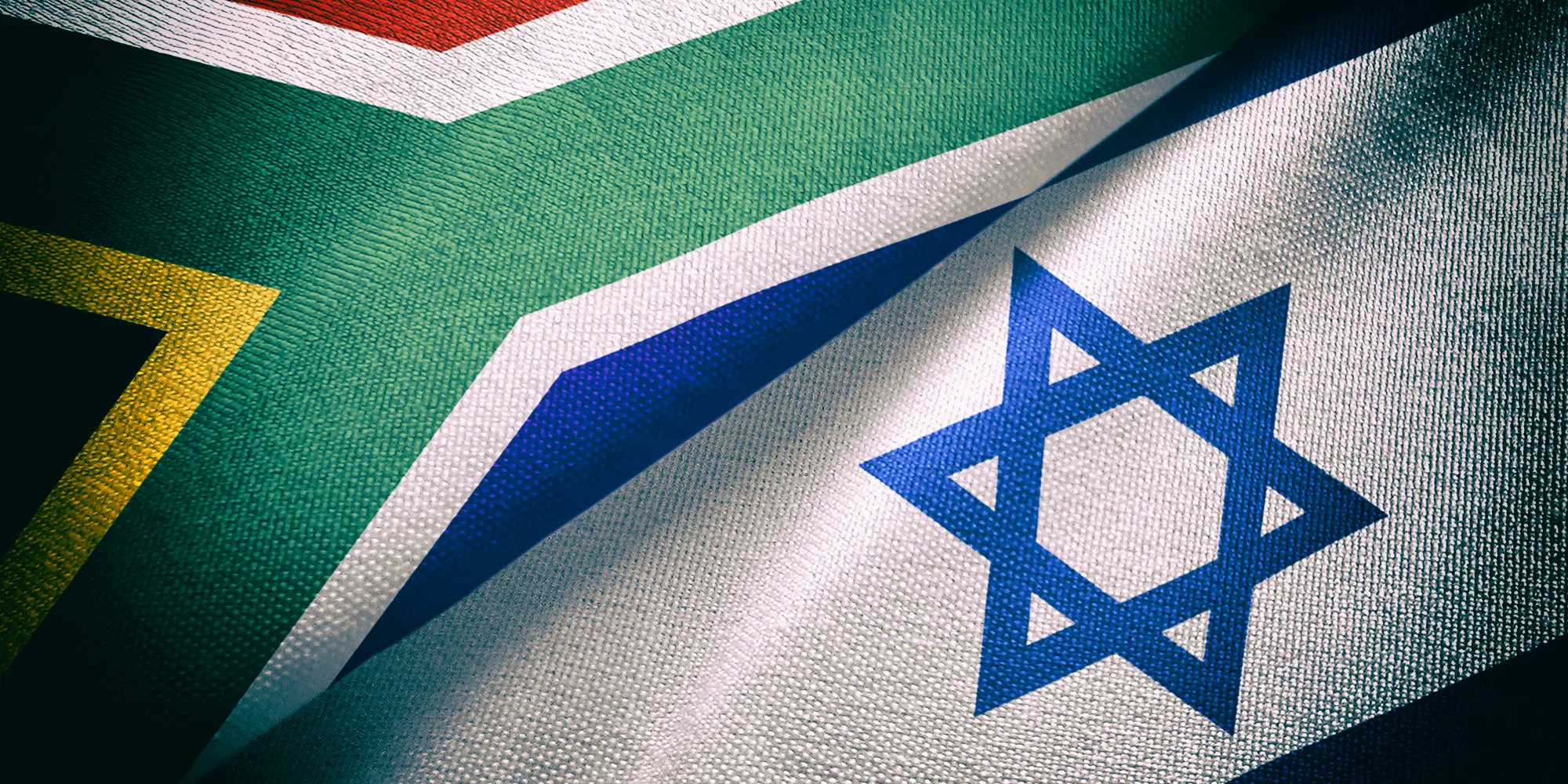
The phrase “South Africa moment” carries heavy historical weight. It recalls the years when global political pressure, economic sanctions, and cultural boycotts forced Pretoria to abandon apartheid. Today, as images of hunger in Gaza circle the globe and European governments tighten sanctions, many are asking whether Israel is sliding into a similar chapter of isolation.
Netanyahu’s Shrinking World
Even Israel’s own political veterans seem alarmed. Former prime ministers Ehud Barak and Ehud Olmert accuse Benjamin Netanyahu of turning Israel into an international pariah. The International Criminal Court’s arrest warrant against him has further limited where he can travel.
Meanwhile, several European powers, including Britain, France, and Belgiumare preparing to recognize Palestine as a state, a symbolic blow that Netanyahu has tried to dismiss as mere “negative publicity.” Still, at a finance ministry conference in Jerusalem, he admitted Israel is facing “a kind of economic isolation.”
Sanctions Bite Harder
Belgium recently announced a ban on imports from Israeli settlements in the West Bank, along with sanctions targeting violent settlers and far-right ministers Itamar Ben-Gvir and Bezalel Smotrich. Spain followed swiftly, hardening its arms embargo and banning weapons shipments to Israel from using Spanish airspace or ports.
Even Norway’s $2 trillion sovereign wealth fund is divesting from Israeli companies, while the EU-Israel’s largest trading partneris considering partially suspending its association agreement. European Commission President Ursula von der Leyen summed up the mood: events in Gaza have “shaken the conscience of the world.”
The Cultural Shift
History reminds us that South Africa’s breaking point wasn’t just about economicsit was cultural too. Sports bans and boycotts carried enormous symbolic weight. Something similar seems to be stirring around Israel.
Several countries, including Ireland and Spain, have hinted they may pull out of Eurovision if Israel competes next year. In Hollywood, more than 4,000 artists, among them Emma Stone and Javier Bardem, signed a letter urging a boycott of Israeli cultural institutions. And in Spain, pro-Palestinian protests disrupted the prestigious Vuelta cycling race, forcing officials to cancel the podium ceremony.
For Israel, these symbolic rebukes sting deeply. Participation in Eurovision or global sports has long signified acceptance into the “family of nations.” Losing that ground hints at something deeper than politicsit’s about belonging.
Voices of Concern At Home and Abroad
Inside Israel, diplomats past and present express unease. Former ambassador Jeremy Issacharoff admitted he has never seen Israel’s global standing so impaired. Another ex-envoy, Ilan Baruch, who once served in South Africa, went further: “That’s how South Africa was pushed to its knees. Assertive pressure should be welcomeeven if it’s painful.”
Public opinion across Europe echoes that sentiment. On social media, hashtags like #BoycottIsrael and #FreePalestine trend with every new airstrike, while pro-Palestinian demonstrations in cities from London to Madrid draw thousands.
Yet not everyone believes Israel is already at its South Africa moment. Former negotiator Daniel Levy argues that while isolation is real, key EU powers like Germany and Italy remain reluctant to cut ties. And crucially, the USIsrael’s staunchest ally, continues to shield it diplomatically. Secretary of State Marco Rubio recently doubled down, insisting Washington’s “relationship with Israel is going to remain strong.”
A Precursor, Not the Finale
So, is this Israel’s South Africa moment? Perhaps not yet. But many observers say the warning lights are flashing. Boycotts, sanctions, and cultural pushback are piling up faster than Israel’s leadership expected.
Netanyahu insists Israel must rely more on itself, even in defense production, to withstand the storm. But former diplomats warn that unless the government shifts course, Israel risks cementing a reputation not as a resilient democracy, but as a global outcast.
The lesson from South Africa’s past is clear: isolation doesn’t happen overnight. It builds in layerseconomic, cultural, moral, until the pressure becomes impossible to ignore. For Israel, the question now is whether this storm is temporary, or the beginning of its own historic reckoning.
{Source: BBC}
Follow Joburg ETC on Facebook, Twitter , TikTok and Instagram
For more News in Johannesburg, visit joburgetc.com

